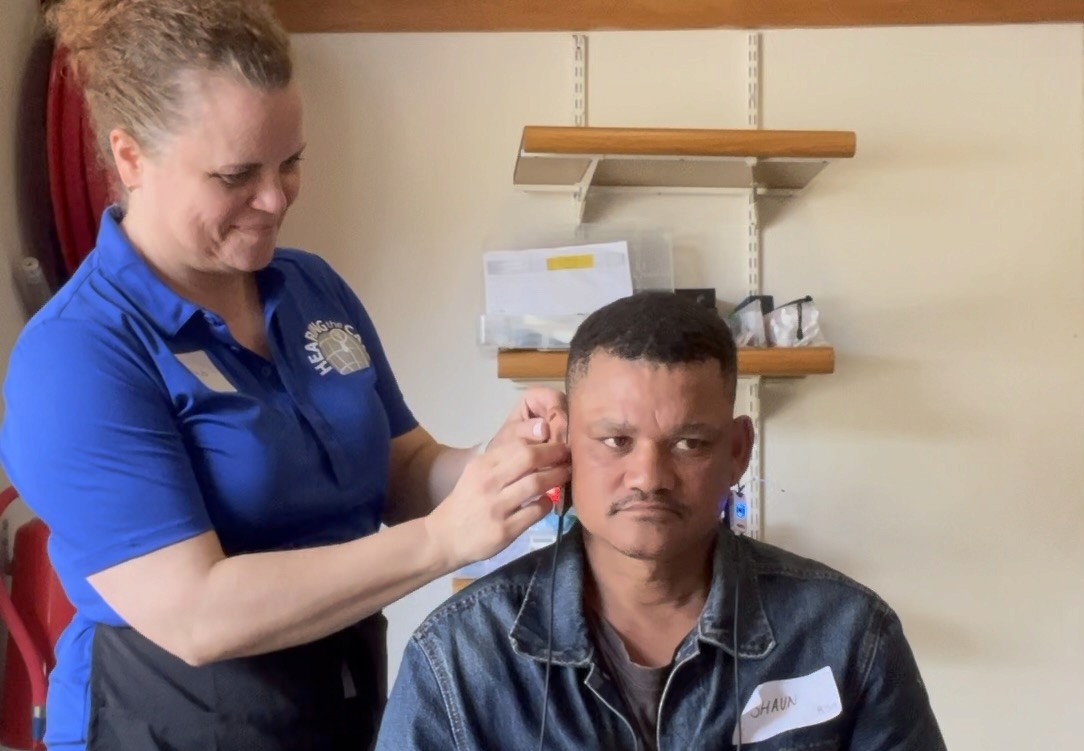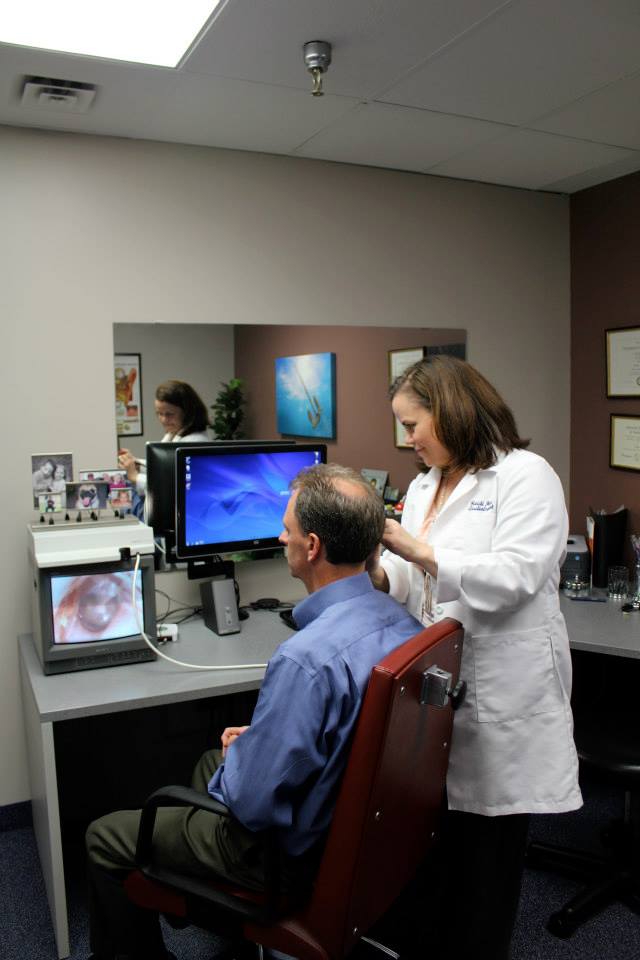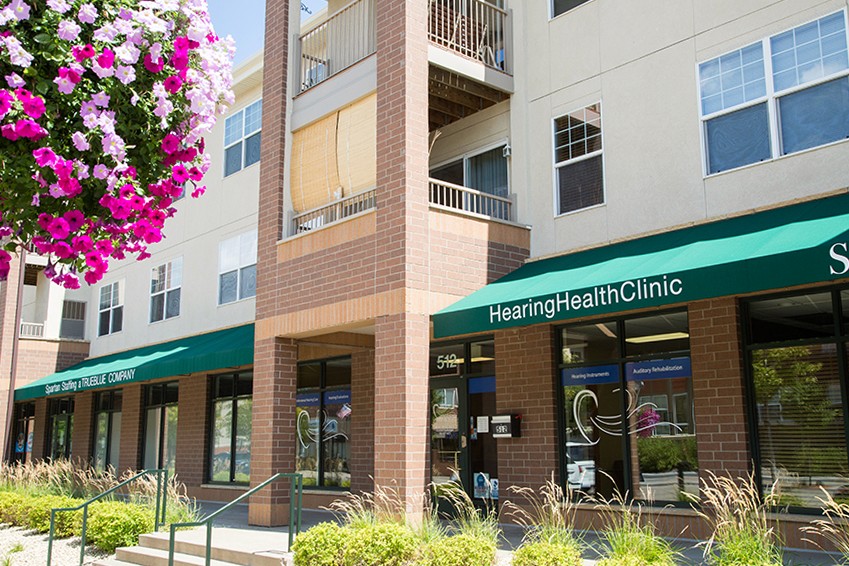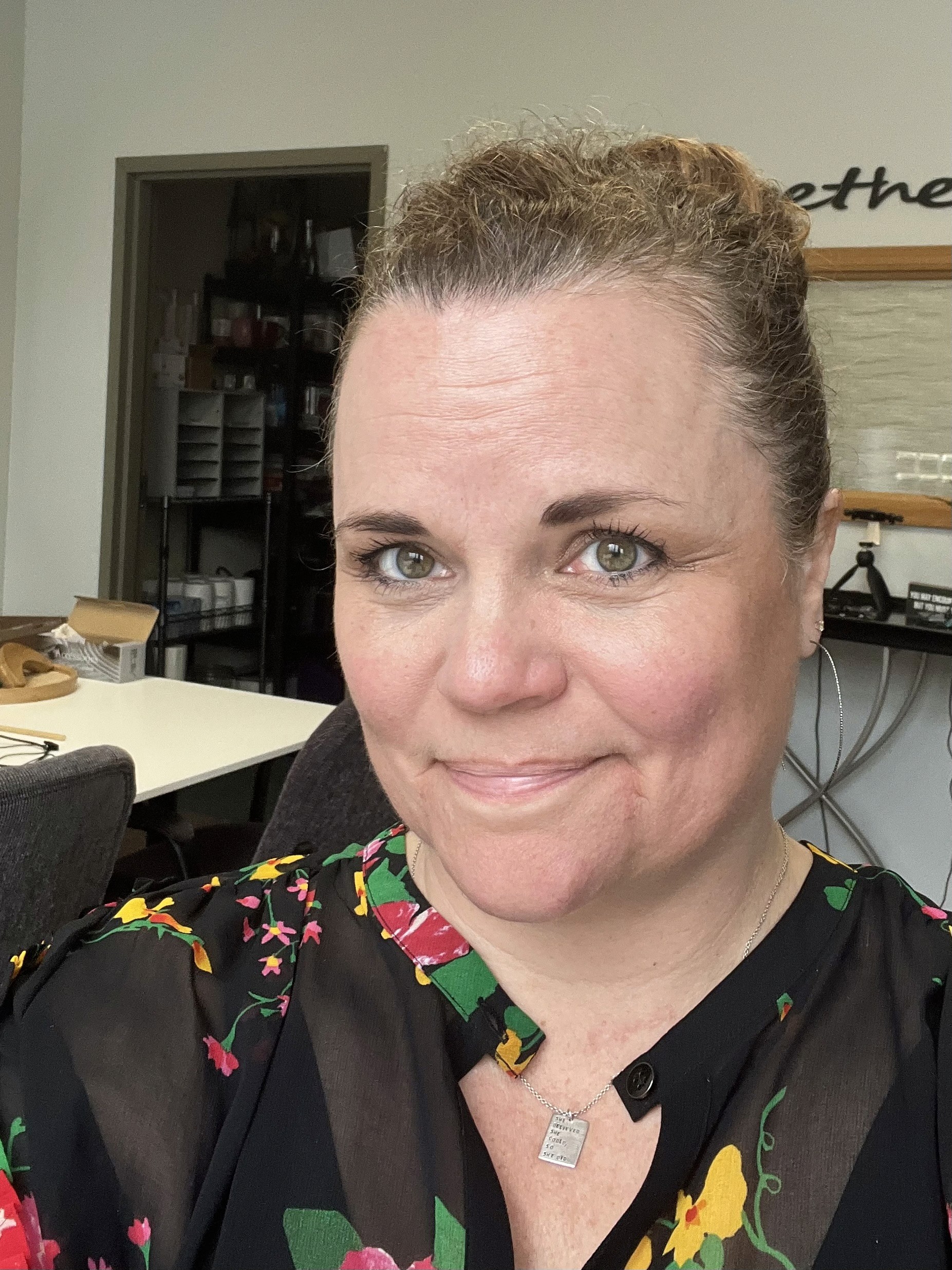The National Leading Hearing and Cognition Expert, Delivering Local Hearing Healthcare in the
Heart of Minnesota
The National Leading Hearing and Cognition Expert, Delivering Local Hearing Healthcare in the
Heart of Minnesota
The National Leading Hearing and Cognition Expert, Delivering Local Hearing Healthcare in the
Heart of Minnesota
Some practices aim to follow audiological best practices;
Dr. Heidi Hill and her team redefine and teach them.
Some practices aim to follow audiological best practices; Dr. Heidi Hill and her team redefine and teach them.






Featured In
Featured In
Featured In
Highly-Advanced Functional Hearing Testing
Helping Identify and Address the Root Cause of a Hearing Challenge
Tinnitus Assessments and Support Therapy
Reduce Tinnitus Impact and Regain Control with Habituation Therapy
Auditory Processing Disorder
Evaluations
Overcome Auditory Processing Challenges with Comprehensive Care
5-star hearing care in Osseo
5-star hearing care in Osseo
A Personal Message from Dr Heidi Hill
Helping Identify and Address the Root Cause of a Hearing Challenge
There’s no shortage of places to buy hearing aids in today’s world— but only one in every five people that could benefit from a hearing aid actually uses one. This shows that significantly more than a set of hearing devices is required to achieve optimal hearing.
As the stories of many people that have successfully optimized their hearing will tell you, the most important component is partnering with a team of experts that have successfully helped many others to achieve the outcome that you’re looking for through a unique and proven methodology.
Dr. Heidi Hill is the creator of CogniHear, a groundbreaking method for testing the entire auditory system, from ear to brain, to achieve optimal hearing health. Serving on the Hearing Healthcare Collaborative, Dr. Hill provided an innovative approach that has been adopted by hundreds of leading Doctors of Audiology worldwide, which led to her lecturing at conferences and educating future audiologists at Northwestern University. Dr. Hill has also lent her expertise to audiological research at Northwestern University, establishing herself as one of the most trusted, respected, and renowned Doctors of Audiology in the country.
With her team at the Hearing Health Clinic based in Osseo, she helps local people by delivering the highest levels of hearing healthcare, resulting in a local award-winning reputation that sees them trusted by local people, medical professionals, and physicians.
If you’re concerned about your hearing, experiencing tinnitus, or suspect an auditory processing disorder, and you’re looking for a trusted team to partner with, we’re ready to support you. Now accepting new patients.
There’s no shortage of places to buy hearing aids in today’s world— but only one in every five people that could benefit from a hearing aid actually uses one. This shows that significantly more than a set of hearing devices is required to achieve optimal hearing.
As the stories of many people that have successfully optimized their hearing will tell you, the most important component is partnering with a team of experts that have successfully helped many others to achieve the outcome that you’re looking for through a unique and proven methodology.
Dr. Heidi Hill is the creator of CogniHear, a groundbreaking method for testing the entire auditory system, from ear to brain, to achieve optimal hearing health. Serving on the Hearing Healthcare Collaborative, Dr. Hill provided an innovative approach that has been adopted by hundreds of leading Doctors of Audiology worldwide, which led to her lecturing at conferences and educating future audiologists at Northwestern University. Dr. Hill has also lent her expertise to audiological research at Northwestern University, establishing herself as one of the most trusted, respected, and renowned Doctors of Audiology in the country.
With her team at the Hearing Health Clinic based in Osseo, she helps local people by delivering the highest levels of hearing healthcare, resulting in a local award-winning reputation that sees them trusted by local people, medical professionals, and physicians.
If you’re concerned about your hearing, experiencing tinnitus, or suspect an auditory processing disorder, and you’re looking for a trusted team to partner with, we’re ready to support you. Now accepting new patients.





Patients Travel to Us From Near and Far
Patients Travel to Us
From Near and Far
We are proud to serve patients not only from our local community but also from neighboring towns and even across state lines. Our reputation for expert care, advanced hearing solutions, and personalized attention has made us a trusted destination for those seeking the best in audiology.
As seen on Mr Beast
1,000 Deaf People
Hear For The First Time
1,000 Deaf People
Hear For The First Time
1,000 Deaf People
Hear For The First Time
In 2024, we were invited to feature in Mr. Beast's viral video to help 1,000 people to achieve better hearing around the world. Through 'Hearing The Call' - we travelled to different parts of the world and achieved the goal, which has since had 175 million views. It's a pleasure to be part of helping the world to achieve better hearing.
Meet The Team
Your Friendly Neighborhood Audiologists in Osseo, MN

The team at Hearing Health Clinic will help fine-tune them to suit your needs. My favorite part of working with the clinic is the noticeable improvement I’ve experienced since replacing my older hearing aids with current technology.

What drew me to HHC initially was its proximity to my home, but what keeps me coming back is the friendly and professional service. I’ve recommended HHC to many people without hesitation

My first impressions of Hearing Health Clinic were overwhelmingly positive—thorough, friendly, attentive, professional, and unbiased.

I didn’t like what Dr. Hill had to say because I didn’t think my hearing was that bad, but she was patient and gave me time to process. Now, wearing hearing aids has made my life so much better.
Get in Touch
Quite often, it’s the simple questions and concerns that hold us back.
If you’re hesitating due to a lack of information, or if you’d like to talk with a member of our team, please don’t hesitate to reach out!
We’re here to help with questions, concerns, or comments you have.

Get in Touch
Quite often, it’s the simple questions and concerns that hold us back.
If you’re hesitating due to a lack of information, or if you’d like to talk with a member of our team, please don’t hesitate to reach out!
We’re here to help with questions, concerns, or comments you have.
Get in Touch
Quite often, it’s the simple questions and concerns that hold us back.
If you’re hesitating due to a lack of information, or if you’d like to talk with a member of our team, please don’t hesitate to reach out!
We’re here to help with questions, concerns, or comments you have.















